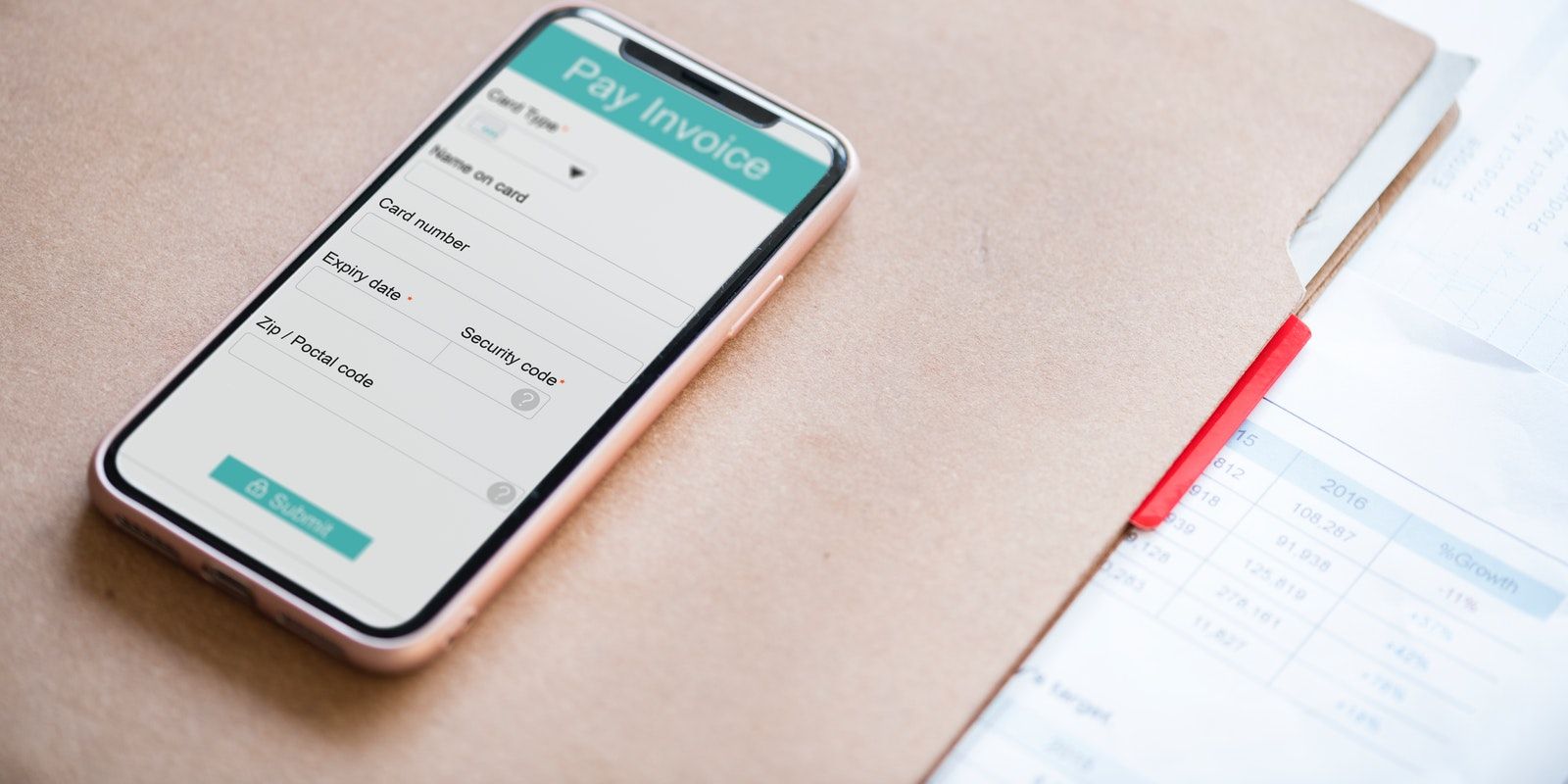
Here's why the future of accounting is automated
July 19, 2019 | Louise Basse
Checking and matching transactions one by one, it’s no surprise that manual bookkeeping is both time-consuming and demanding.
Despite living in today’s digital age, many businesses still spend significant amounts of resources doing their bank reconciliation manually.
But with new technology on the market, it’s finally time to leave manual accounting in the past and introduce the future of automated accounting.
Let’s have a look at how it can benefit all businesses.
Out with the old, in with the new
By teaming up with a fintech like us, suppliers of accounting systems — and everyone that works with accounting — are able to automate their accounting process in a smart and simple way.
But how does it actually work?
Well. Let’s say you want to create a better way for your clients to bank reconcile.
To do this, you’ll need to retrieve real-time data from your clients’ banks using a platform like ours.

By doing this, you’re able to build a modern accounting system that will automatically check and match transactions with the client’s own records.
Smart, right?
Minimum effort. Maximum output
But it’s not only suppliers of accounting systems that can be optimized. Most of us can relate to the following thoughts:
"Where did I put the receipts from the conference?"
"What did I do with the outlays from last week?"

With a manual bookkeeping system, transactions and receipts tend to build up at the end of every accounting period. And when bookkeepers and smaller companies have to find the right receipts, they often struggle to get through the big pile.
But by connecting to bank transactions with a platform like ours, you can easily build a solution that automatically asks for a receipt when a transaction appears on the bank account.
Automated accounting is smart, easy and up to date — and it is here to stay.




